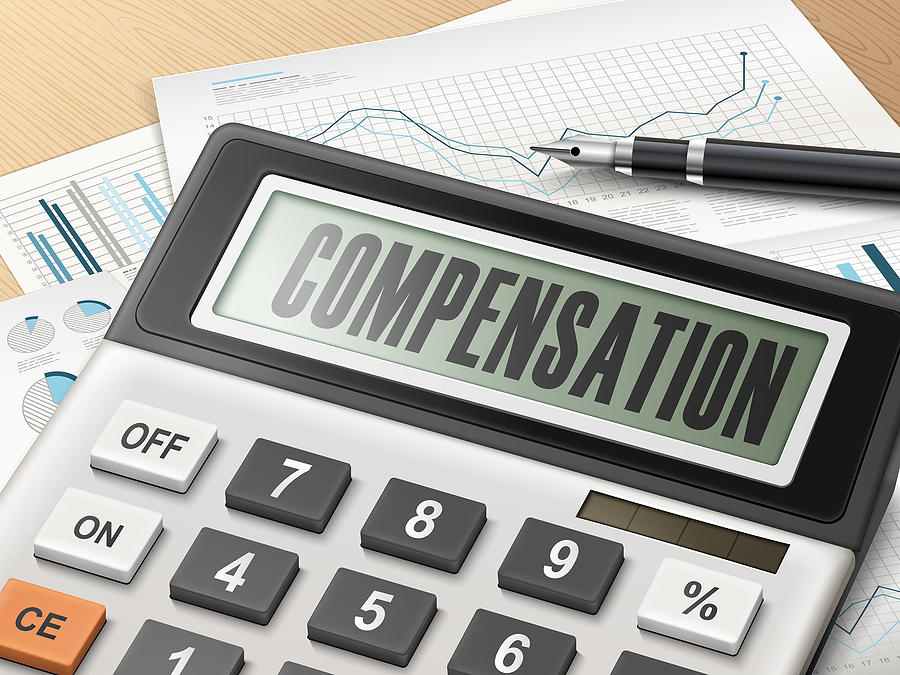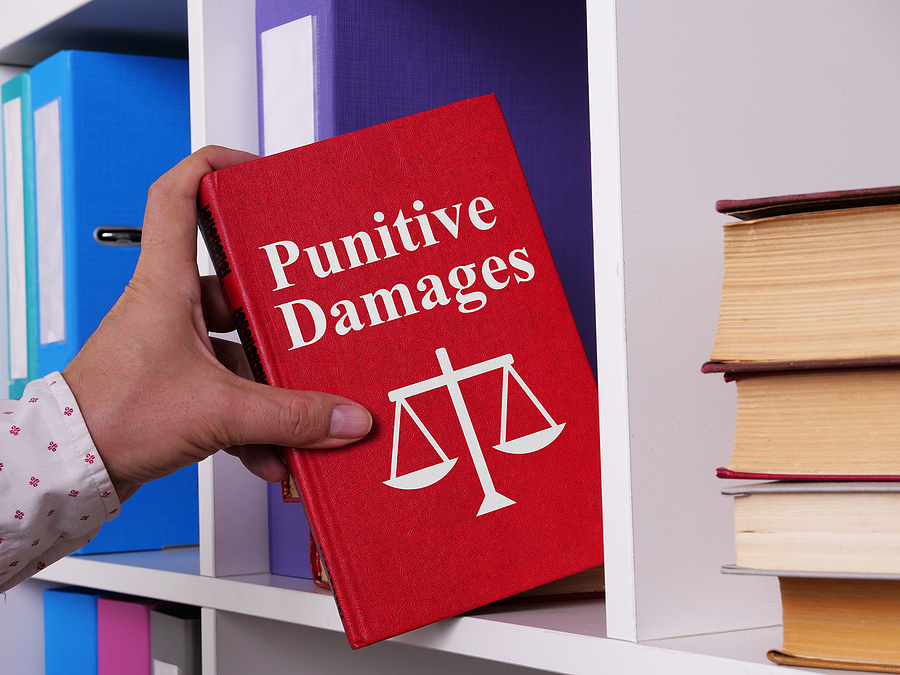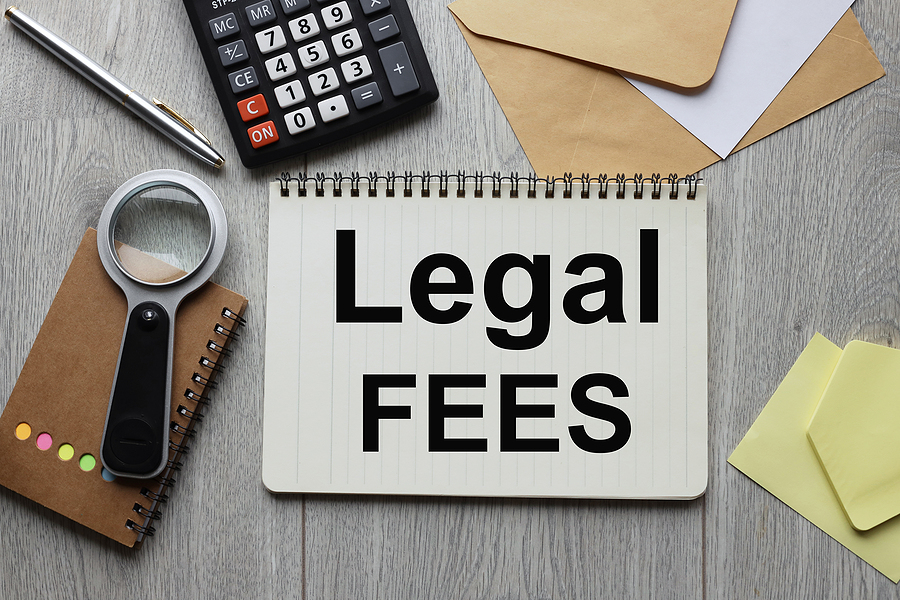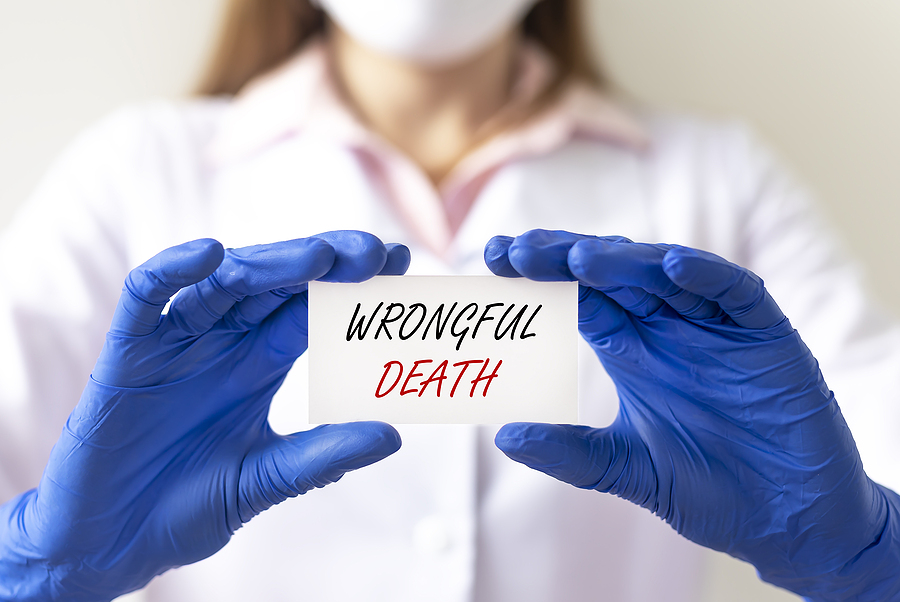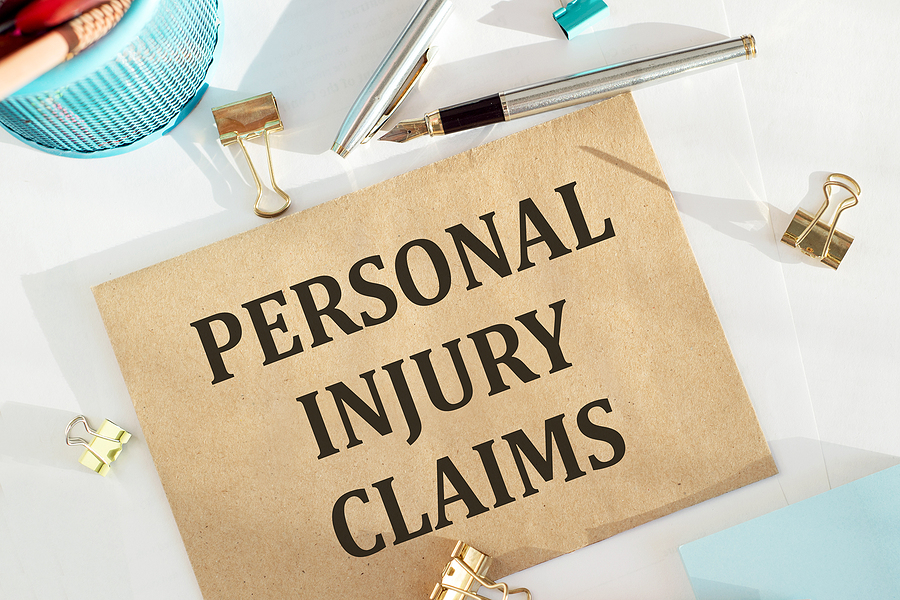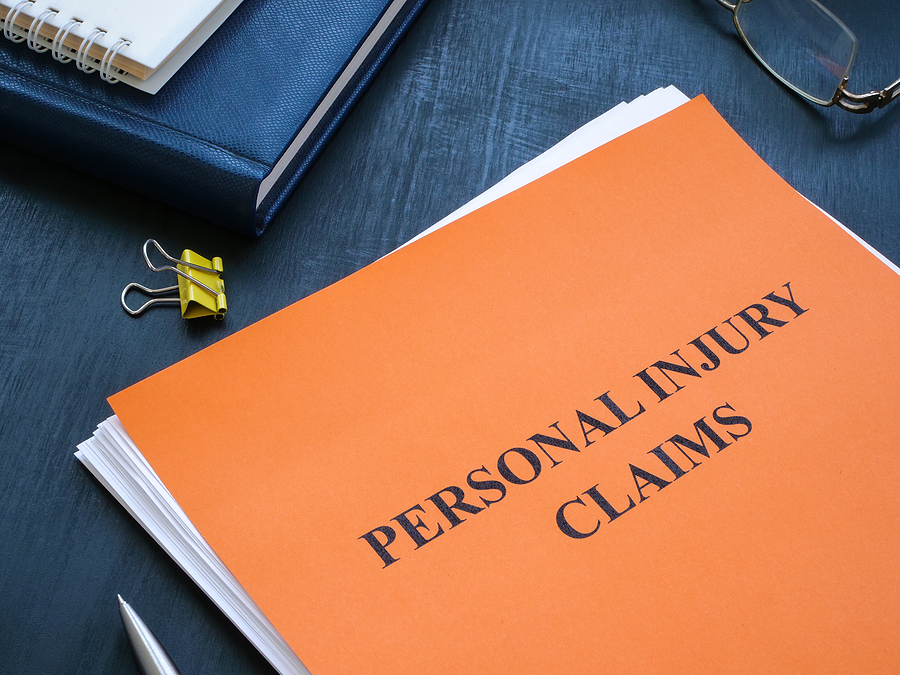Navigating through the aftermath of a motor vehicle accident can be a challenging ordeal, fraught with uncertainty and stress. Key to your recovery, and possibly the most crucial step, is engaging a proficient auto accident attorney to guide you through the intricacies of personal injury claims. But how can you ensure that you are fully informed and able to make the right decisions? A good starting point is asking the right questions.
In this blog post, we will explore the ten essential questions you should ask your lawyer after a car accident to ensure you understand your rights, potential personal injury damages, and the path toward a successful personal injury claim.
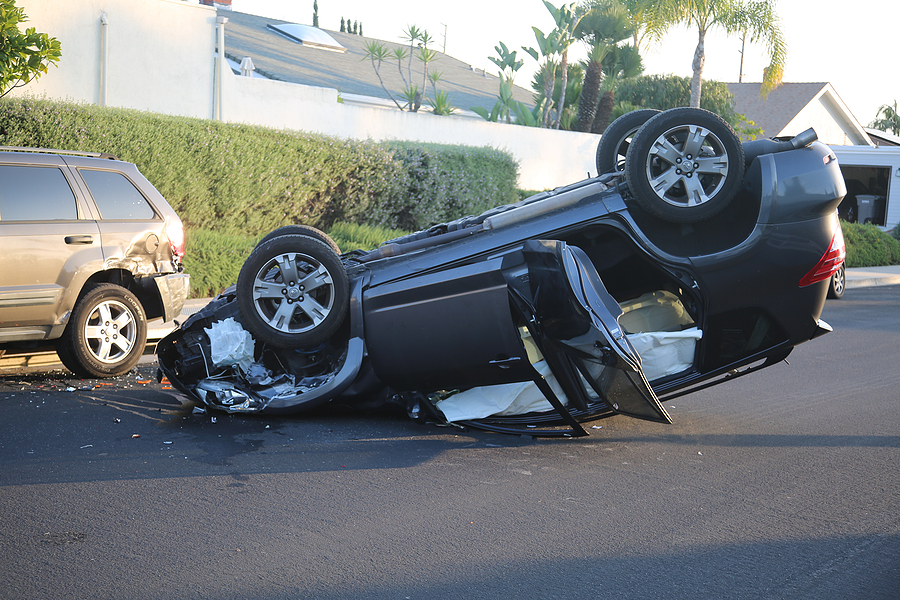
Ask Your Car Accident Lawyer These 10 Questions
1. How Much Experience Do You Have With Motor Vehicle Accident Cases?
Experience is paramount when it comes to legal representation, especially in a niche area such as car accidents. It’s essential to know how long your attorney has been handling similar cases and their track record of success. This information will give you an idea of their expertise and ability to handle your case effectively.
2. What Is Your Specific Experience in Personal Injury Law?
While experience is vital, it’s equally crucial to know your lawyer’s specific area of expertise within personal injury law. This specific experience could make a significant difference in the outcome of your case, as different types of accidents and injuries may require different legal strategies. Ensure that your chosen litigator has experience handling motor vehicle accident, wrongful death, medical malpractice, product liability, slip and fall, trucking dog bite and other types of injury cases specifically. The attorneys at Craven, Hoover & Blazek, P.C. have nearly 100 years of combined experience.
3. Will You Be Handling My Case Personally, or Will It Be Handed Off to Other Attorneys?
Some law firms have a team approach where different attorneys may handle various aspects of your case. While this is not necessarily a bad thing, it’s important to know who will be responsible for making key decisions at each stage of the process and ensure that you have a good rapport with your assigned lawyer.
4. What Is Your Fee Structure?
Most personal injury law firms work on a contingency fee basis, meaning they only get paid if you win your case. However, it’s still crucial to understand their fee structure and the percentage they will take from any settlement or award you receive. This information will help you plan your finances better and avoid any surprises later on.
5. What Is the Statute of Limitations for Filing a Personal Injury Claim in My State?
Each state has its own deadline, known as the statute of limitations, for filing personal injury claims. It’s essential to know when this deadline is in your state so that you can take timely legal action and avoid losing out on any potential personal injury damages.
6. What Type of Compensation Can I Expect for my Personal Injury Claim?
Your lawyer should be able to provide you with a rough estimate of the types and amount of compensation you may receive for your personal injury claim. This information will help you set realistic expectations and understand what expenses may be covered, such as medical bills, lost wages, and pain and suffering.
7. How Long Will It Take to Resolve My Personal Injury Claim?
The length of time it takes to settle a personal injury claim can vary depending on various factors, such as the complexity of your case and the willingness of both yourself and of the other party’s insurance carrier to negotiate. It’s essential to have a rough timeline in mind so that you can plan accordingly and avoid any unnecessary delays.
8. What Is Your Approach to Negotiating Settlements?
While most personal injury claims are settled out of court, it’s still important to know your attorney’s approach to negotiating settlements. Understanding their negotiation style can help you decide if they are the right fit for your case. Ask your attorney about their style and approach towards negotiations so you know what to expect.
9. How Will You Communicate With Me Throughout the Legal Process?
Clear and regular communication is vital when working with a lawyer. Ask about their preferred method of communication, how often you can expect updates on your case, and who will be your point of contact. This information will help ensure that you stay informed and have a good working relationship with your lawyer.
10. What Can I Do to Help Strengthen My Personal Injury Claim?
Your lawyer is there to guide you and handle the legal aspects of your case, but there are also things you can do to help strengthen your claim. Ask your lawyer for any specific steps you should take, such as keeping your medical treatment appointments in a timely fashion and being clear with the doctors about what your specific complaints are, to ensure the best possible outcome for your personal injury claim.
Final Thoughts
Asking these ten essential questions will not only help you choose the right auto accident lawyer for your case but also give you a better understanding of the legal process and what to expect. Remember, it’s crucial to have an experienced and knowledgeable attorney by your side when dealing with a personal injury claim to ensure that you receive the full and fair compensation you deserve for your damages. Don’t hesitate to ask any additional questions or seek clarification throughout the process – it’s your right as a client to be informed and have peace of mind during this challenging time.
Don’t shy away from asking tough questions and advocating for yourself with the help of a skilled civil litigator. Contact Craven, Hoover, and Blazek P.C. at 317-881-2700 to schedule a free case consultation with an experienced car accident lawyer in Indianapolis. If you are unable to travel, we can hold meetings over the phone or via video conference. We can also make trips to your place of in-patient medical care.
Related Posts:
5 Reasons You Need a Car Accident Lawyer After a Collision
Your Legal Rights: Essential Information for Car Accident Victims
How Can an Attorney Help with My Car Accident Injury Claim?

